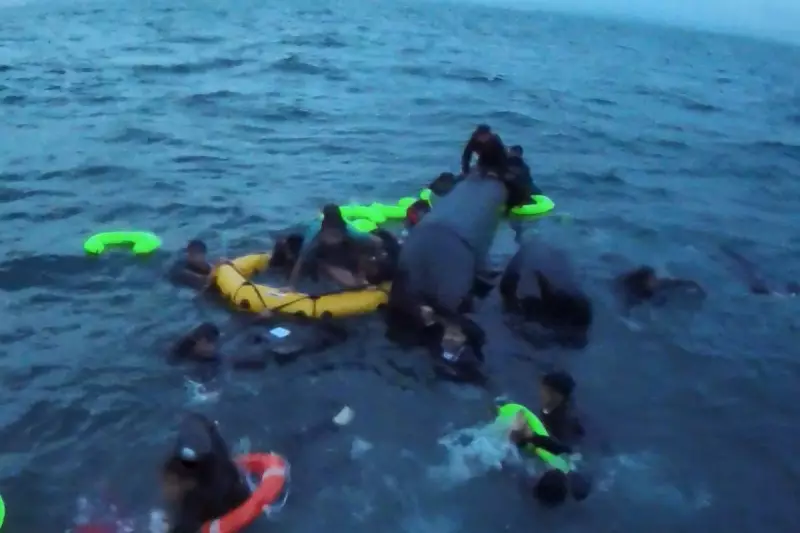
The Royal National Lifeboat Institution (RNLI) has once again demonstrated its unwavering commitment to saving lives at sea, this time rescuing migrants attempting to cross the treacherous waters of the English Channel in small, overcrowded boats.
Volunteer crews from the RNLI braved dangerous conditions to bring dozens of individuals to safety, many of whom were suffering from exhaustion and hypothermia. The charity, which operates independently of government funding, has repeatedly emphasised its duty to assist anyone in distress at sea, regardless of their circumstances.
Dangerous Crossings on the Rise
Small boat crossings have become an increasingly common method for migrants attempting to reach UK shores, despite the significant risks involved. The RNLI has been at the forefront of rescue operations, often working alongside the UK Coastguard and Border Force.
Critics have questioned whether such rescues encourage further crossings, but the RNLI maintains that its primary mission is to prevent loss of life. "We don't judge those we rescue," a spokesperson stated. "Our job is to ensure their safety and bring them to shore."
Challenges and Controversies
The issue of small boat crossings remains politically contentious, with the UK government implementing stricter measures to deter arrivals. However, humanitarian organisations argue that more needs to be done to address the root causes of migration.
Meanwhile, RNLI volunteers continue their vital work, often facing criticism from those who believe their efforts inadvertently support people smuggling operations. Despite this, public donations to the charity have surged in recent years, reflecting widespread support for their lifesaving missions.
How You Can Help
The RNLI relies heavily on public donations to fund its operations. Those wishing to support their work can contribute via the charity's official website or volunteer their time to assist with fundraising efforts.





